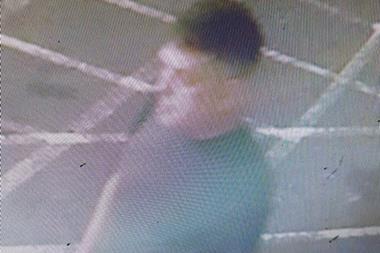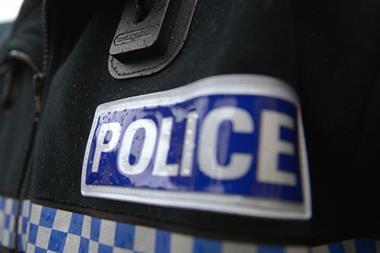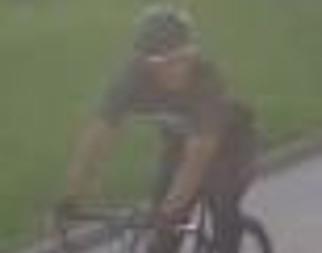The industry has been left dazed and confused by the government’s u-turn over plans to introduce an £80 fine for drive-offs.
The measure was one of a raft of extra powers proposed to be added to the controversial fixed penalty fine scheme.
Last month it was revealed that the Ministry of Justice was looking at the idea of the on-the-spot fines, which it said would also apply to anyone being caught in possession of cannabis, making threats to destroy property, as well as drunken and yobbish behaviour on trains. However, the proposals caused a furore and a matter of days later the Ministry issued another statement advising that all items proposed had been delayed - with the exception of cannabis possession. It added that there would be a consultation period to determine which of the remaining proposals, if any, would be added to the Penalty Notice Disorder (PND). A Ministry of Justice spokesman explained: "The government has listened to concerns about certain aspects of extending the PNDs and decided to withdraw the proposals. It has now decided to consult more widely. After the consultation there will be a new order with a list of offences." He said the consultation paper would be on the Ministry’s website at [http://www.justice.gov.uk] and interested parties would be able to email comments. He did not know, however, when the paper would be posted or when the consultation would end.
Reaction to the news was mixed, with retailer Jonathan James - relieved at the current reprieve - saying the move to a penalty fine scheme for drive-offs would effectively downgrade what is a serious offence. He explained: "If I was the type of person to do a drive-off, and the only punishment I’d get would be a glorified parking ticket, then it would be worth taking the risk."
"It’s a way of the government managing their crime figures yet again. If someone does a drive-off then they are a thief and should be dealt with through the courts. The type of person doing a drive-off is probably already involved in other types of crime. But with the penalty scheme you’re asking a policeman to be judge and jury."
Conversely, Kevin Eastwood, executive director of Boss - the British Oil Security Syndicate - said he was disappointed with the delay, adding that BOSS had been lobbying for the on-the-spot fines for many years. He said: "I view the use of PNDs as an extra weapon for the police to use when dealing with this problem. Not all police forces accept reported drive-offs as a potential criminal offence, some even endeavour to treat them as civil debt (so not recorded), advising the retailer to pursue the vehicle owner through the DVLA. The use of on-the-spot fixed penalty fines will hopefully encourage those police to treat them more seriously and address these offences in a more focused and structured manner."
He said he understood that the name of the person who accepted the PND would be recorded and could be found if a criminal records bureau check was done at a later date.
He added: "It would also only apply if it was a first offence and if the value were less than £100 - any second and subsequent offences would be treated more severely."






























No comments yet